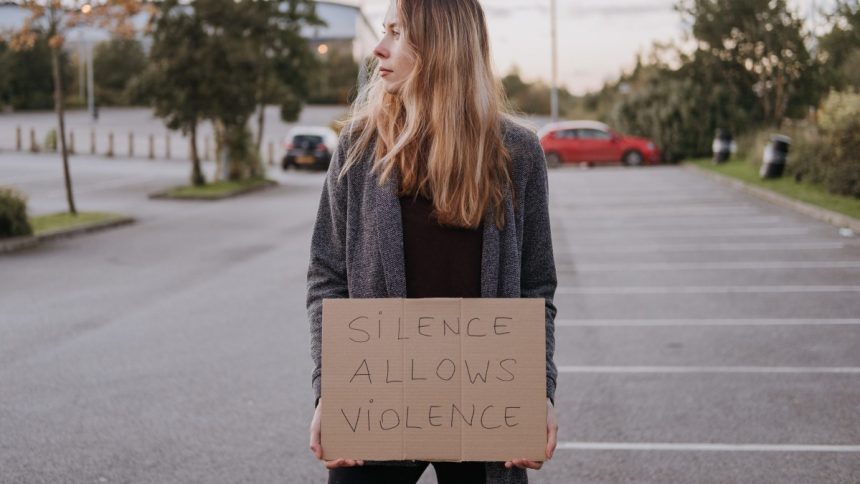The numbers are startling. A National Student Safety Survey (NSSS) carried out in 2021 revealed that, each week, across Australian university campuses, 275 people report being sexually assaulted. That adds up to almost 14,500 assaults each year. Of those figures, three times as many women as men report assaults and harassments, with the survey’s findings showing around 84 per cent of perpetrators are men. More than 60 per cent are other students and four percent are university staff.
But the founder of End Rape on Campus Sharna Bremner says, as shocking as the figures are, students have been advocating for meaningful change for decades.
“We are seeing government investment in prevention and response efforts within primary schools and high schools, we’re seeing a lot of work taking place in workplaces with the Respect at Work report. But we have this huge gap now and university students are not protected by any law, they’re not being covered by any of this work,” she said. “They’re essentially falling into a black hole.”
Key points:
- End Rape on Campus says fewer than one-third of all Australia’s 39 universities are reporting sexual violence on campus clearly
- advocates and support services demand the Albanese government to intervene
- establishing an independent body to hold universities accountable is overdue
- Education Minister Jason Clare said “sustained effort” is needed to improve student safety on campus
End Rape on Campus, Fair Agenda and the National Union of Students — along with more than 40 groups and individuals — have called for an independent oversight body, led by experts in sexual violence, to provide universities with best practice guidance. Their collective call for independent oversight officially began in 2017.
Findings from the The Australian Human Rights Commission’s Change the Course report in that year revealed more than half of the respondents were sexually harassed on at least one occasion.
At that time, Universities Australia, the peak body for Australia’s 39 universities, released a 10-point action plan in response.
Since then, advocates says universities are still not doing enough to improve their attempts to prevent sexual violence within university communities. Responses to sexual violence reports are also still unsatisfactory.
In a statement from Universities Australia, chief executive Catriona Jackson said universities were working hard to reduce sexual harm on campus, through its Respect.Now.Always initiative.
“Our universities have a strong understanding of their own unique demographics, their campuses and their students, which is why they are best placed to continue building on the extensive work undertaken to date,” Ms Jackson said.
“The policy frameworks, good practice guides and other resources we have developed with experts on behalf of the sector will continue to assist universities in combating sexual harm on campus.”
Ms Bremner acknowledged the agreement Australia’s universities made to be more transparent about reporting of sexual violence and the action taken in response, but pointed out that fewer than one-third are publishing that information in a way that was easily accessible to students. Some, she said, are not publishing the information at all.
And with around 50 per cent of students who claim sexual assaults and harassment still unsure how to file complaints with their university, the problem needs sustainable solutions to help improve safety and support for all students on Australian university campuses.
Sexual assault support lines:
- 1800 Respect National Helpline: 1800 737 732
- Sexual Assault Crisis Line Victoria: 1800 806 292
- Safe Steps Crisis Line (Vic): 1800 015 188
- Men’s Referral Service: 1300 766 491
- Lifeline (24-hour crisis line): 131 114
- Victims of Crime Helpline: 1800 819 817








